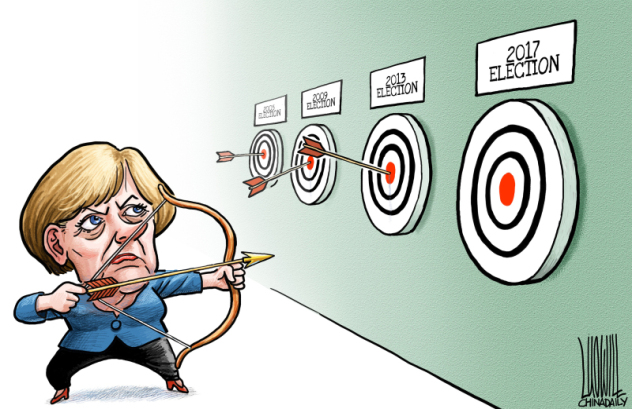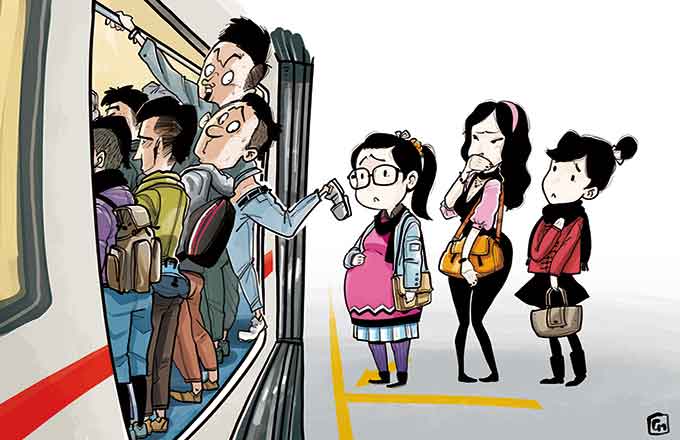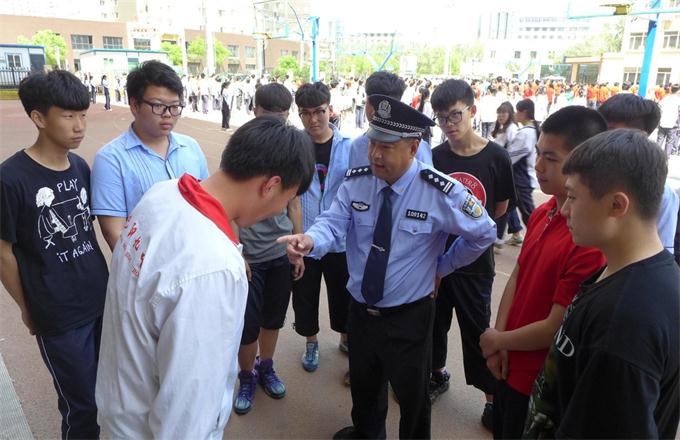Green around the renewable gills
In 2010, only 77 percent of China's wind turbines were connected to power grids. In 2011, despite the considerable growth in total installed capacity and the increase in turbines connected to grids (62.63 gigawatts and 47.84 gigawatts, respectively), the ratio remained the same. The winter of 2012 witnessed a great curtailment in wind. As a result, turbine idling is spreading like the flu, and many component manufacturers are cutting their staff, that is, if they haven't already suspended production.
In addition, the estimated proportion of solar polyvinyl installed capacity connected to grids is 72 percent (calculated with data from the State Electricity Regulatory Commission and Solidiance).
Various aspects have contributed to such a gap between installed renewable generation capacity and actual units connected to grids in China. Without proper guidance, blind investment fueled by renewable subsidies from the central government has saturated the wind and solar industries.
Local authorities' pursuit of renewable energy in some instances has reached absurd levels. As early as 2009, solar polyvinyl was used to justify land acquisitions in Xing'an, Guangxi Zhuang autonomous region, resulting in farm lands turning into empty-shell factories. Until last June, untrained villagers pretended to work on the assembly lines when government officials visited the facility.
This waste of not only electricity generation, but also of natural and human capital, further drives the industry away from true sustainability.
If not planned well with strict regulation, stringent implementation, and reliable technologies, the establishment of a renewable energy industry in China will not necessarily ensure true sustainability. Every step, from the industry's lifecycle to the institutional regulatory capacity, matters for the overall sustainability of the industry.
The good news is that the Chinese leadership is moving forward, though slowly and cautiously, to enhance regulatory enforcement, improve transparency and encourage media supervision.
Haibing Ma is the China program manager at the Worldwatch Institute,
and Wanqing Zhou is a research intern with the program.
(China Daily 02/18/2013 page9)


















